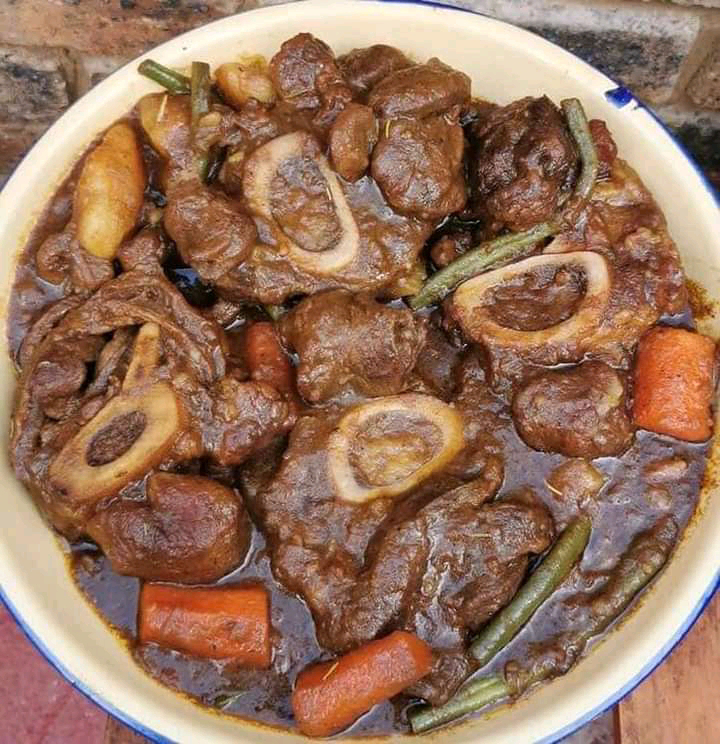The Food
Food is an important part of Eswatini culture, customs, and etiquette. Tinhlavu (grains) and tibhidvo are staples of the Eswatini diet (vegetables). Inyama (meat) dishes, such as goat stew, roasted leg of goat, or stuffed or roasted free-range chicken, are reserved for special occasions. The staple is "mealies," a maize or sorghum porridge. The porridge, which is frequently bland, is served alongside spiced stews made with vegetables and leafy greens. Ingredients such as pumpkin, green beans, corn, spinach, beets, rice, and sweet potatoes are frequently used. Mango, guava, paw-paw, banana, pineapple, sugar cane, and avocado are all readily available fruits.
Some popular dishes include emasi (sour milk), a fermented milk delicacy made from raw milk from cows, corn on the cob (roasted or boiled), Umncweba, and umkhunsu (dried spiced meat, akin to jerky). Sishwala, a thick porridge served with meat or vegetable stew; incwancwa, a sour porridge made with fermented mealie meal; umbidvo wetintsanga, pumpkin leaves cooked with groundnuts; sidvudvu, a porridge made of pumpkin mixed with mealie meal; and tjwala, traditional beer, are all traditional dishes.








